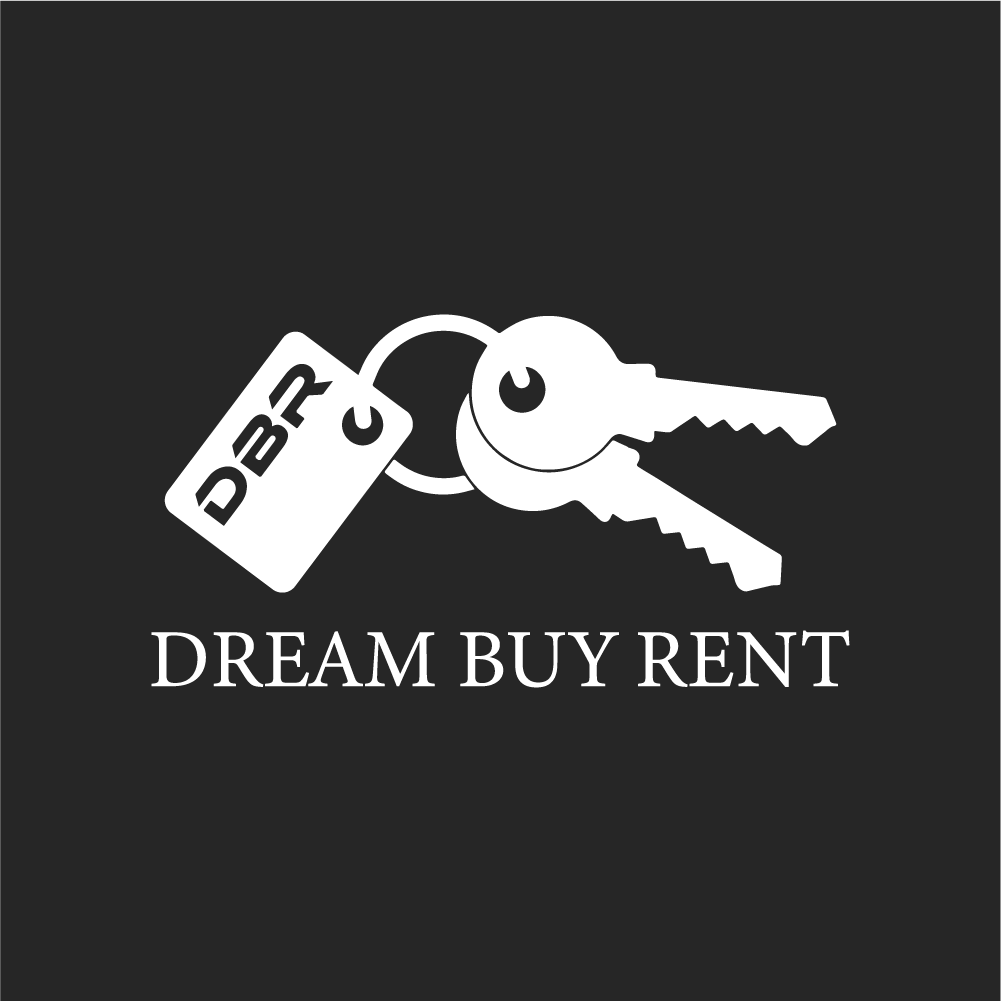
Why Travelers Prefer Family-Run Lodges — Guest Insights
Personal service is the true differentiator
Research shows that travellers often rate personalised service and genuine hospitality above mere amenities. A study titled “This hotel is family-run! Enabling positive consumer responses via perceived hospitableness” found that when a lodging clearly communicates its family-firm status, guest perceptions of hospitableness improve — which in turn leads to stronger booking intentions and willingness to pay a premium.
In other words: when guests feel “there’s a family here who cares about me”, they respond more positively. For small properties, that human connection becomes a commercial asset rather than just a nice extra.
Authenticity and local experiences resonate — especially with younger travellers
A study on Generation Y’s perception of family-run hotels found that younger guests view them as positive because they evoke tradition, small-scale structure, authenticity, trust and hospitableness.
The hospitality industry is increasingly clear: travellers now seek local connection and personal story rather than uniform luxury. When a lodge is run by a host family, that identity alone becomes a differentiator. They feel they’re staying in a place, not just a space.
The personal touch often trumps faceless perfection
Of course, fundamentals like cleanliness, comfort and reliable WiFi remain important. But many guests are willing to accept fewer corporate bells and whistles if the human side is strong. The family-run signal suggests: “We treat this like our home, you’re our guest.”
In that sense the listing that states “host-family greets you, local breakfast every morning” already frames the stay differently. And research indicates that communicating family-firm identity indeed drives positive responses.
Trust and responsiveness — the booking conversion engine
When guests read reviews, they look for responsiveness, personal attention, and host presence. The family-run status helps build trust: when someone identifies themselves as the owner-host or part of a family that lives onsite, it signals accountability.
As one paper notes: “the personal relationship between family firms and customers can impact perception of image and services of a hotel.”
In practical terms: timely host replies, mention of host names, a photo of the host, all help to build that trust. And trust drives bookings and loyalty.
Why this matters from a business perspective
For the small property owner
-
Tell your family story. Include host names, a photo of the family or host, a bit of background. Research shows that communicating a family-firm status triggers enhanced guest response.
-
Respond to guest feedback publicly. When potential guests see hosts responding, it increases trust—and they feel they’ll be looked after.
-
Offer local or personal experiences. A home-cooked breakfast, a host-led walk, a family dinner invitation: these extras strengthen the unique value of a lodge run by a family, compared to generic accommodations.
For platforms or listing managers
-
Highlight “family-run” as a filter or attribute. When users can search specifically for “host-family lodge” or “family-run stay”, you cater to a segment looking for authenticity.
-
Feature host stories and imagery. Listings that include images of the host, or video clips of the check-in, kitchen, greeting moment, create emotional connection and help drive conversion.
-
Use review snippets to surface personal service. Phrases like “the host picked us up”, “we had dinner with the family”, “owner living onsite” should be visible. These human actions matter in guest decision-making.
Real-world evidence — what the research says
The academic work consistently shows that lodging establishments which emphasise their family-firm identity gain a competitive edge. The 2021 study found that a clearly signalled family-run status improved consumer response, word-of-mouth and willingness to pay a premium.
Another study focusing on Generation Y shows that younger guests particularly value tradition, authenticity and trust in family-run accommodations.
These aren’t random blog musings—they’re data-backed insights.
Listing and marketing optimisation tips
-
Use a headline such as “Family-Run Coastal Lodge”, “Host-Family Stay in the Mountains”, or “Hand-run Chalet by Local Family”.
-
Your first photo? Make it a warm scene: host greeting a guest, breakfast at the family table, the family home-style setting.
-
In bullet points or key features: “Owner-host onsite 24 hrs”, “Homemade local breakfast”, “Personal tour by the host family”.
-
Pull review snippet: “Our host greeted us on arrival, took us to his garden for the salad” or “Dinner with the family made us feel at home”.
-
Include a simple CTA: “Ask the host about the local history walk” or “Request family-style dinner with the host”. These micro-commitments build connection before booking.
Final thought
Family-run lodges offer more than a bed. They offer story, connection, trust and the warmth of a host-family welcoming you in. Research demonstrates that when these qualities are communicated, guests respond with higher booking intent, greater satisfaction and stronger recommendation. For travellers seeking authenticity and personal service—and for hosts or listings that build around that identity—the family-run model has strong appeal and real business value.








